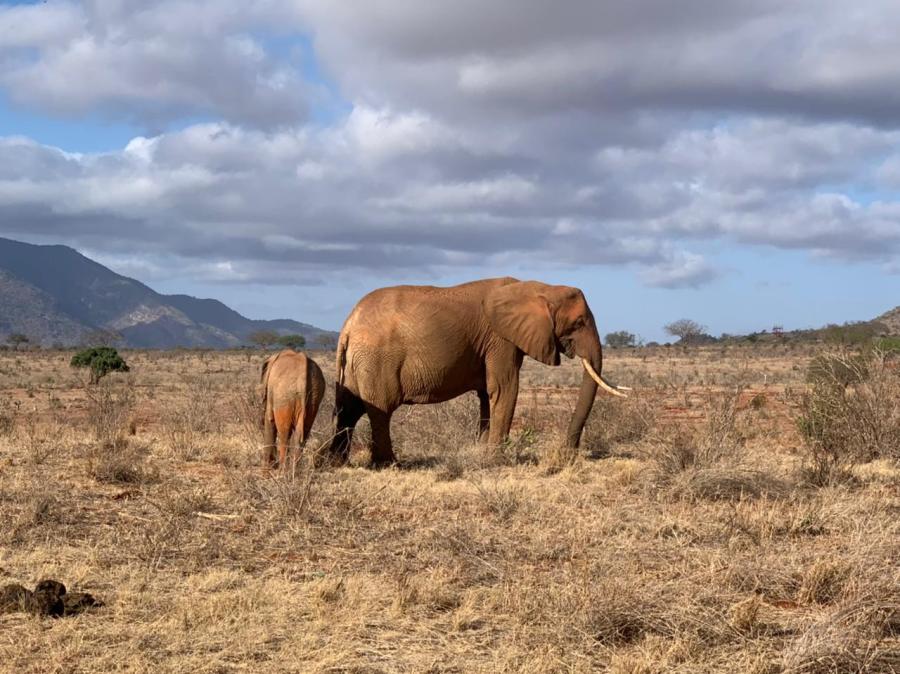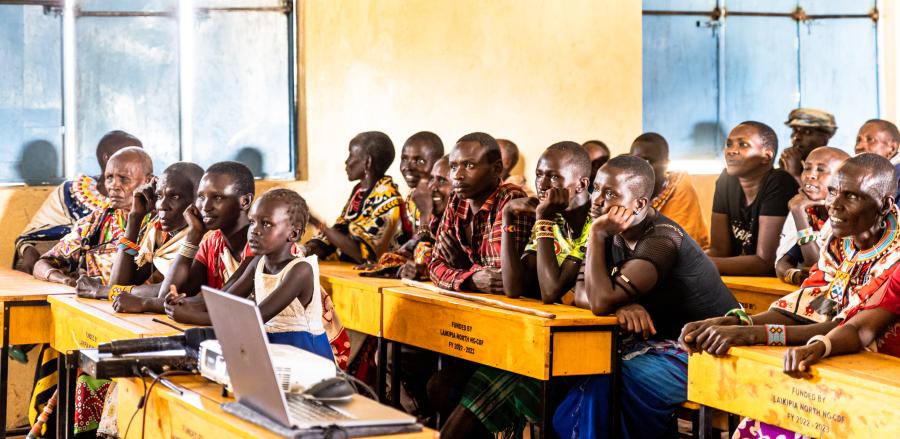
The right to health is the most basic of human rights, argues Indigenous Maasai scholar Ben Koissaba, of Kenya, in conclusion to his participation at the World Conference on Indigenous Peoples that took place September 2014 in New York. “[It’s] fulfillment is both a precondition to, and a by-product of, the enjoyment of all other rights,” he explains. In a recent publication, Koissaba evaluated progress towards the right to health for Indigenous Peoples of Africa. Around the world, Indigenous Peoples suffer from greater illness and poorer quality of care than other groups. These statistics can be linked to the general marginalization that Indigenous groups, in Africa and around the world, face.
According to the International Covenant on Economic, Social and Cultural Rights, Availability, Accessibility, Accountability and Quality are identified as the key elements essential in the fulfillment of the right to health. However, Koissaba laments that there is a failure to fulfill these elements within marginalized African Indigenous Peoples’ communities.
How can the international community focus aid in the Post 2015 development agenda in a way that addresses the needs of Indigenous Africans? Koissaba proposes we focus on these four elements as “guiding principles in accessing right to health for Indigenous Peoples in Africa” and issued the following recommendations for the fulfillment of the right to health for African Indigenous Peoples:
1.Promoting the participation of leaders and representatives of Indigenous Peoples and their communities in the formulation of health policies and strategies and the development of health and environmental activities directed at their people;
2.Ensuring greater access by Indigenous Peoples to quality health services;
3.Facilitating inter-sectorial collaborations between government, non-governmental, universities, research centers and indigenous organizations;
4.Strengthening the technical, administrative and management capacity of national and local institutions responsible for the health of Indigenous Peoples, with particular attention to the need to overcome the lack of information;
5.Promoting the transformation of health systems and supporting the development of alternative models of care, including research and certification of traditional medicine.
To read the full report, click here.
-Ben Ole Koissaba is a PhD Student in Institute on Family and Neighborhood Life at Clemson University and Founder Chair Maa Civil Society Forum in Kenya,



